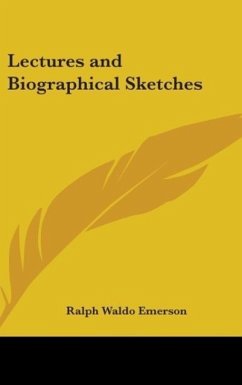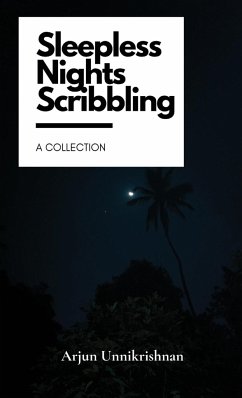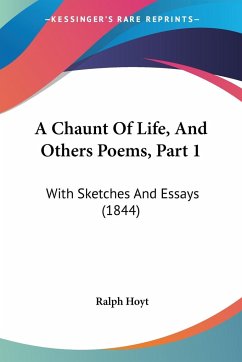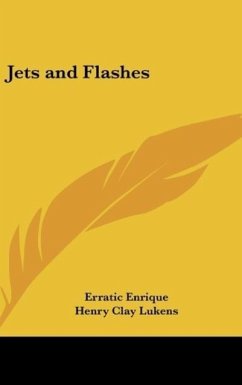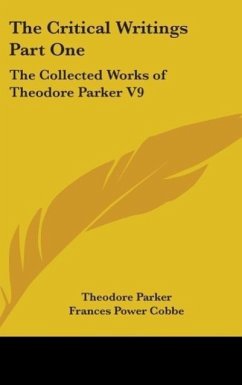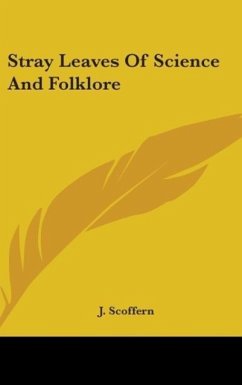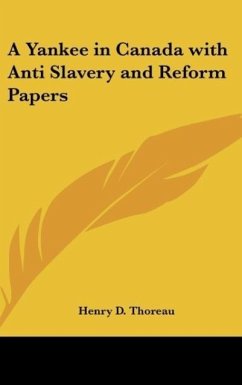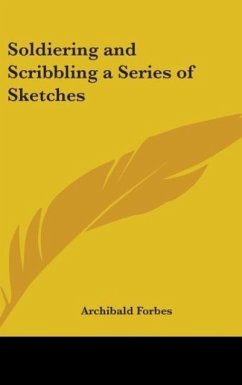
Soldiering and Scribbling a Series of Sketches
Versandkostenfrei!
Versandfertig in 1-2 Wochen
35,99 €
inkl. MwSt.

PAYBACK Punkte
18 °P sammeln!
1872. Forbes, a brilliant war correspondent, spent his later years in literary work. This volume contains a collection of his essays including: A Penny a Day; At the Christmas Cattle-Market; Soldiers' Wives; In a Military Prison; German War Prayers; Flogged; A Sunday Afternoon at Guy's; Butcher Jack's Story; Bummarees; A Deserter's Story; Lions and Lion-taming; Cat's-meat; Army Crimes and Punishment; The Story of the Megaera; A March on Brighton; Furs; Christmas in a Cavalry Regiment; Christmas in the Foreposts, 1870; Workhouse and Christmas Depravity, 1871; and Christmas among the Beggars. Se...
1872. Forbes, a brilliant war correspondent, spent his later years in literary work. This volume contains a collection of his essays including: A Penny a Day; At the Christmas Cattle-Market; Soldiers' Wives; In a Military Prison; German War Prayers; Flogged; A Sunday Afternoon at Guy's; Butcher Jack's Story; Bummarees; A Deserter's Story; Lions and Lion-taming; Cat's-meat; Army Crimes and Punishment; The Story of the Megaera; A March on Brighton; Furs; Christmas in a Cavalry Regiment; Christmas in the Foreposts, 1870; Workhouse and Christmas Depravity, 1871; and Christmas among the Beggars. See other titles by this author available from Kessinger Publishing.



